Insurance – What Seafarers Must Know Before Purchasing
This is the fifth article in the personal financial planning for seafarers series by the very experienced Chief Engineer Rajeeve Kaushik. You can read the previous articles of the series here – Importance of Financial Planning for Seafarers , 10 Common Financial Mistakes Seafarers Make , Little Know Facts About Magic Of Savings Seafarers Should Know & 4 Types of Investments That Kill Seafarers’ Hard Earned Money .
Insurance – I am sure you must have heard about the word at various places even if you are a cadet. From the two wheeler that you own, to the ship that you are on- everything is INSURED.
However, when it comes to insurance directly connected to our lives we prefer to avoid any form of knowledge or action. We mainly depend upon other people to suggest various forms of insurances to us. They eventually get our signatures as well as the cheque and then they leave us alone in peace for the next few years until someone else comes along and sells us another something. The more aware amongst us might go deep into calculations regarding how much is the insurance coverage, the money that he or she will get back- and then get convinced that the plan is good and again sign the dotted line.
Let me give you INSURANCE in one line of five words: INSURANCE IS COVERING YOUR RISK. It is not for profit or any gains. If someone tells you otherwise – investigate because he is not telling the truth.
Insurance is a contract between the Insurance Provider (or Insurance Company) and the individual by which the company agrees to COVER a SPECIFIC RISK of the individual for a certain SMALL sum of money called premium. In this sentence each word is important and I am going to base my explanations on these words.
There are broadly two types of Insurance: Life Insurance and Non-Life Insurance.
Life Insurance: includes plans like Money back, Endowment, ULIP and Term Plans.
Non Life Insurance Plans: include Health Insurance, Critical Illness Insurance, Vehicle Insurance, Travel Insurance, Home Insurance etc.
Insurance was started with the sole purpose of providing a support for a person or business in case something adverse happened. The money sought in return by the Insurance company was called “premium”. This premium was based upon the evaluation of risk by the person or business that was being insured. In case something adverse happened, the company gave the promised money otherwise the plan expired after the agreed term (however many months or years it was for).
Life Insurance went on quite fine till the Insurance Companies felt that their business was not growing sufficiently. So they introduced certain plans which gave some money back to the person insured after the Insurance Plan completed, but in return they charged a very heavy premium. This is where the exploitation of the innocent/ignorant people started. Specialist called were hired, a separate branch of Mathematics called Actuarial Sciences were developed and different ways were propounded to extract maximum premium from the public, while giving minimum in return.
Slowly the public was made to believe that when they were getting themselves insured, they were also investing. In India, since 1960, some Insurance Companies have propounded a big lie by peddling schemes which were taking from the Insured Person, more than was being given back. The print on the document was so fine that it could only be read by a good lawyer. The word “SUM ASSURED” took different meaning. Instead of referring to the Sum for which a person was insured, the insurance agents are trying to tell people that it is what they will get back once the insurance period was over. The concept of Life Long Risk Coverage was lost somewhere.
ULIPs (Unit Linked Insurance Plans): were again a big Financial Torture and fraud thrust upon the hapless investor. Almost 35% of the premium was taken away for expenses which essentially meant commissions for the agent. These were most Non-Transparent plans which had very little risk coverage and a defined sum of the premium was invested in the Stock Market through mutual funds.
TERM INSURANCE
This is the product which most of the people need and must go for; even the seafarers. This is available in various countries with different names. However the details of this insurance are as follows:
The Insured Person gets a Risk Coverage of a reasonably LARGE sum for a SMALL premium and can be taken for a VERY LONG term (even upto the age of 75 years).
If the Insured person survives the term of the insurance (which is for every year for the premium paid), then he or she does not get any money. If in an unfortunate incident the Insured person does not survive then the SUM ASSURED is paid to the NOMINEE of the Insured person.
With the above brief description it is important to note that the Insurance must be taken only for the Bread-Winner of the family on whom the family is DEPENDENT financially. This is very important to note because nowadays the market is abuzz with schemes which aim at Insurance of wives, children etc. It is alright to insure oneself as a Junior Officer or a young Rating even if there are no dependents on you. This will help you in locking into a low Premium rate early in life which will be applicable to you throughout life if you Insure yourself for a long time, say an age of 65.
NON LIFE OR GENERAL INSURANCE
In this section there is very little that you may already not know about. There are also very little chances of making mistake except in case of taking Health Insurance and HOME INSURANCE which I will discuss here.
HEALTH INSURANCE
As I had mentioned in my First article, even if your company covers you medically while on board you must make arrangements to insure yourselves, spouse, children and also parents if they are dependent on you. (There are 1 or 2 companies which cover the Seafarers for the entire period of service and also their family -excluding children). Such seafarers may skip this insurance if they are confident of staying with such a organisation for long. In case of leaving such an organisation they must immediately insure themselves and the family for medical expenses.
Health Insurance is again essentially a risk coverage and must be taken for the entire family. There are schemes called FLOATER PLANS which cover the entire family for a sum which is less that what you would pay if each member was individually insured.
SUPER TOP UP PLANS: Nowadays , a new type of Health Insurance has been introduced – it is called Super Top UP plan. In these plans you agree on a deductible (e.g. $5000) and then insure yourself and/or the family upto $20,000. In such cases whatever are the medical bills for the entire year (of Insurance); $5000 will be deducted and rest of the amount in excess of $5000 but upto $20,000 will be paid to you. The advantage of such insurance is that these plans have VERY LOW premium rates, almost a fraction of the normal HEALTH INSURANCE PLAN. Seniors who have a better financial appetite to pay the deductible from their pocket can go for these type of insurance.
HOME INSURANCE
Also called HOUSEHOLD INSURANCE is another type of risk coverage for your house against NATURAL CAUSES such as FIRE, FLOOD, EARTH QUAKE, ARSON, RIOTS and THEFT. These are very cheap plans (at least in India) and you must go for them as soon as you have purchased your own house. If you are a tenant you may still insure your belongings inside the house (called building) against damage due to natural causes and theft.
WHAT SHOULD A SEAFARER DO?
- Before you join your first ship buy yourselves a TERM INSURANCE of about Rs.1 crore INR ( about $170,000). At this stage (age of 21-22) your premium will be so low that you may find it difficult to believe. There have been cases where the Insurance Co. asks for a salary certificate since the amount of insurance is dependent upon your earning capability, so if you are a First time cadet you may get the insurance once your stipend is paid out. In the initial months you may ask your parents to pay the premium, who will also feel compelled to pay it since your coverage is for their benefit. I am sure you will try to find more about this in your respective country since I am providing you with guidance only.
- Once you start earning on board go for a floater Medical Insurance so that due to any emergency at home you are not doubly worried in case you are not able to sign off.
- You may also opt for a Critical Illness cover either separately or as a RIDER with the Medical or Term Insurance. This is useful if you have a family history of any Critical Illness like that of Heart,Diabetes,Cancer etc. The covers are cheap if taken as a rider and the sum is paid out immediately upon diagnosis of the disease.
- If you have bought a new home or shifted into one after starting a family. You must buy a Home Insurance against Natural Disasters and theft. As I have mentioned above these too are reasonably cheap for the kind of protection they provide. E.g. In India for an apartment in a major city with contents the premium may not go over $50.
IMPORTANT
Before I forget, while going for this and other insurances make sure your family is aware of the Insurances that you have taken.
Also familiarise yourself and the family about the CLAIM PROCEDURE. This is normally given on the website of the Insurance Company and also the Insurance Policy Documents that you will receive.
CONCLUSION
- In this article you have been introduced to the various forms of RISK COVERAGE at CHEAP RATES.
- I have by the introduction of these Insurances tried to distract you from the EXPENSIVE INSURANCE PLANS that do not cover you adequately.
- If you will actually sit down for 2 days on the net and find the suitable plans and calculate the premiums for different policies- you will discover the ACTUAL COST of your ACTUAL RISK COVERAGE.
- This will release your excess cash that you were spending or would have spent on complex Insurance plans which you would not understand.
- In the 3rd issue I have already introduced you to LIQUID FUNDS where you can earn more than the bank deposits- thereby increasing the return on your money earned while you are on board.
- By these TWO methods itself you have already increased your savings by almost 10% because MONEY SAVED IS MONEY EARNED.
- Now we must concentrate on PUTTING this money where it can grow surely and steadily and also the commitments that are demanded from us, because nothing comes free .
- Hence in the NEXT ARTICLE we will introduce ourselves to SAVINGS and INVESTMENTS and the difference between the two.
Note: It is difficult to track things in a single country like India which is so huge and complex. To say that I can advise you for all the countries, whose readers are reading these articles- would be a big lie. I am not acting as your financial advisor. Due to my exposure to different geographical conditions, I have found these products which can be used by us –the hapless Seafarers. The names and methodology of these products may differ from country to country.
Hence my earnest request to you is to please use the power of the internet and find out these products in your country. They are common products and mostly available all over the world. If you find they are named differently in your country, please inform me in the comments that you are so kindly making. It will help us to spread awareness and enhance your own knowledge about your future planning.
Disclaimer: Author is a Chief Engineer from the Merchant Navy and has no formal qualification in Financial Planning. Views expressed are based on his own experience and that of others who have benefitted with his help. He may be reached via email here or at the forums. The author shall not warrant or assume any legal liability or responsibility for the accuracy, completeness or usefulness of any information provided herein.
Do you have info to share with us ? Suggest a correction
Latest Financial Planning You Would Like:

About Author
Rajeeve has been a Chief Engineer for 19 years. He kept his deadline and retired himself on his 50th birthday. With a penchant for reading and writing serious literature and driving long distances, his main hobby is observing and commenting on the economy of the country. He has been helping colleagues at sea by planning their finances and future for over 20 years now. Living in the rapidly diminishing Himalayas, he appreciates every aspect of his beloved country, lying between the Green Hills and the Blue Ocean.
Related Posts
Subscribe To Our Newsletters
By subscribing, you agree to our Privacy Policy and may receive occasional deal communications; you can unsubscribe anytime.
Web Stories



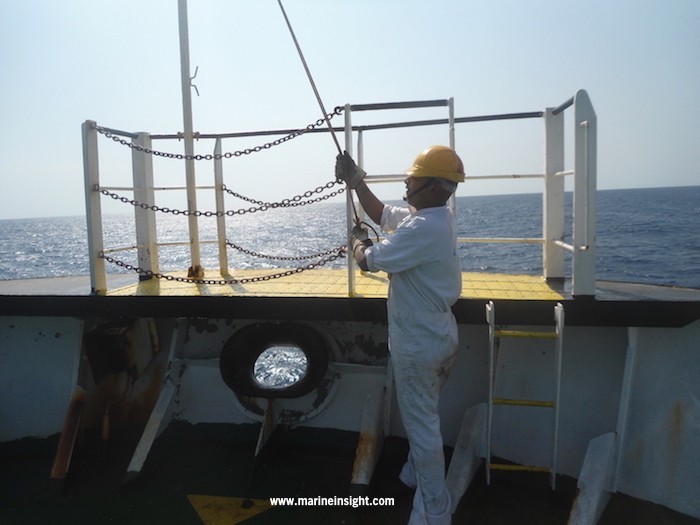

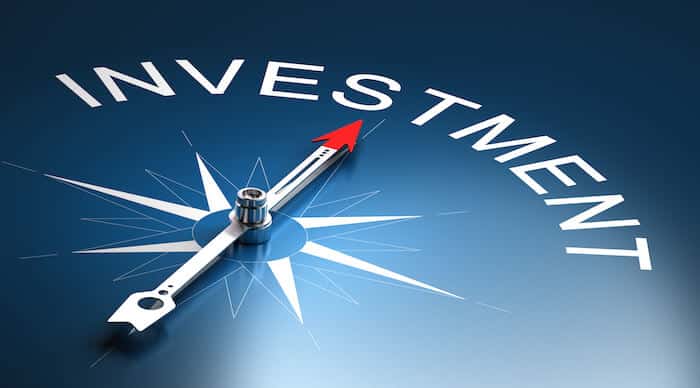


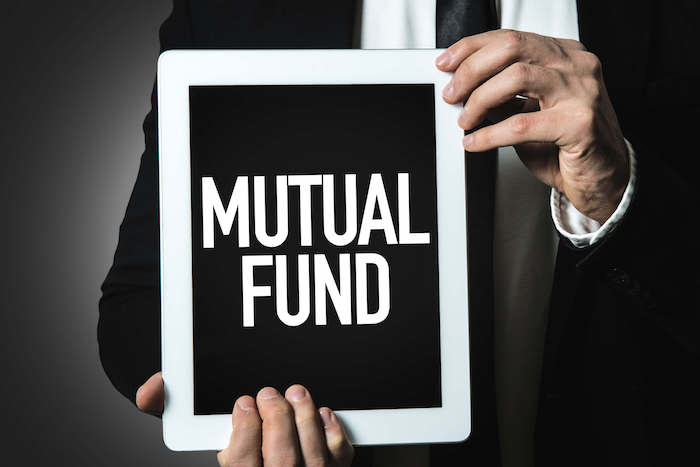
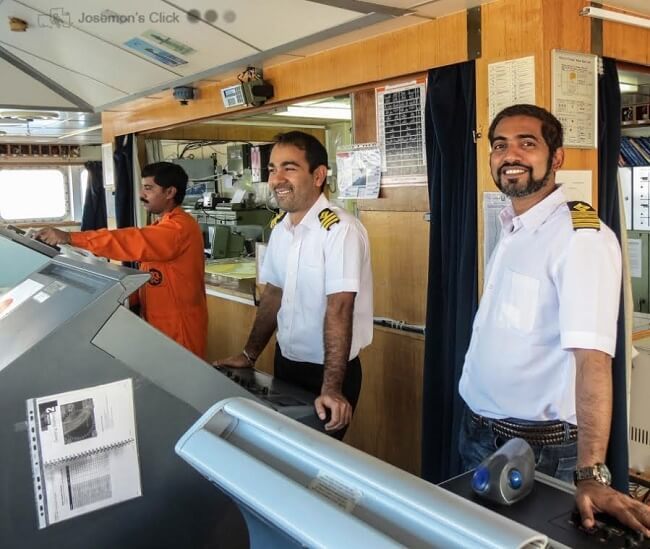

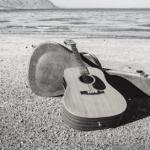
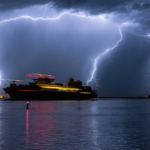






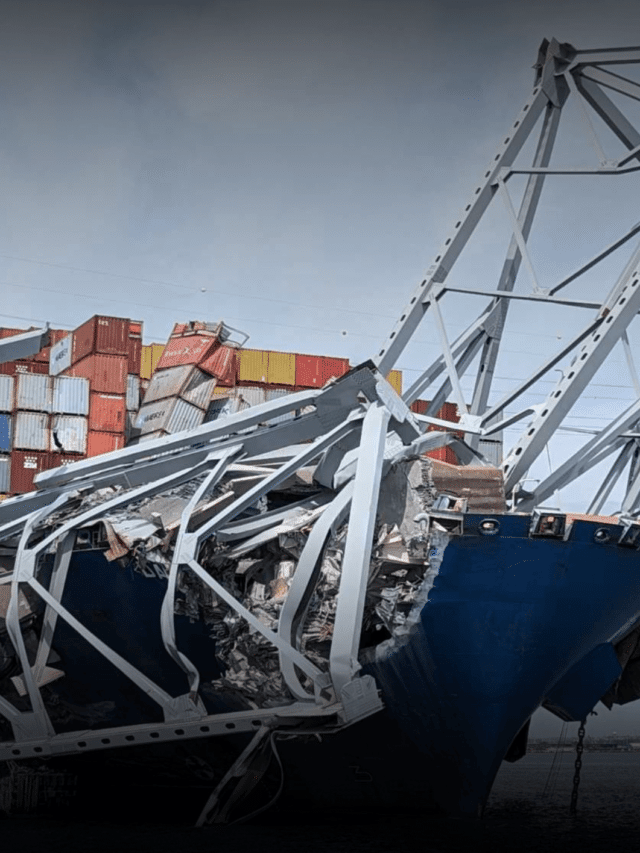
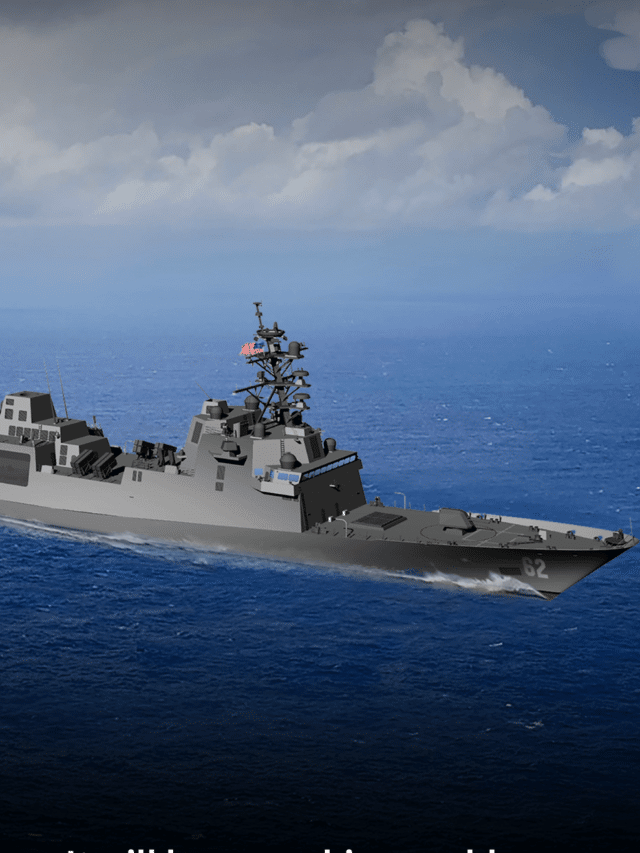
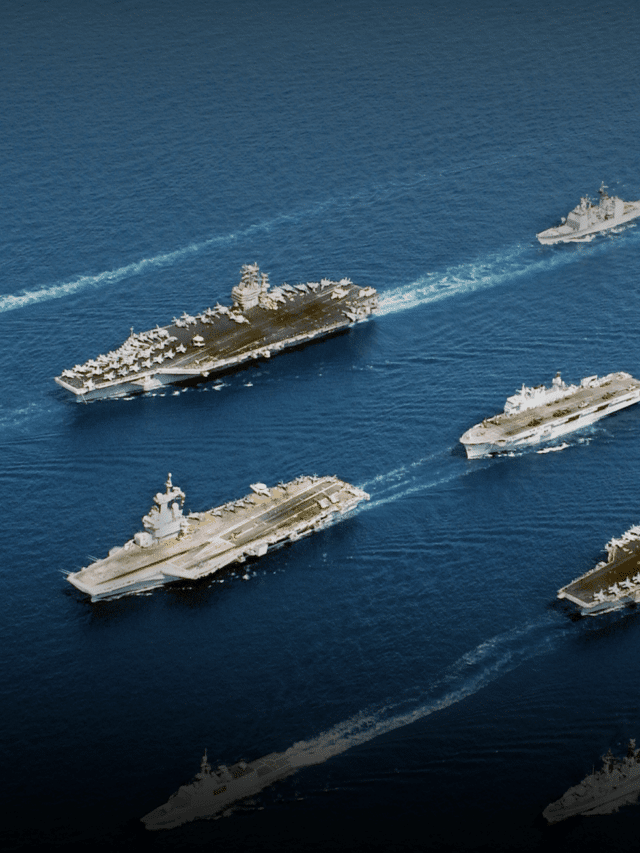

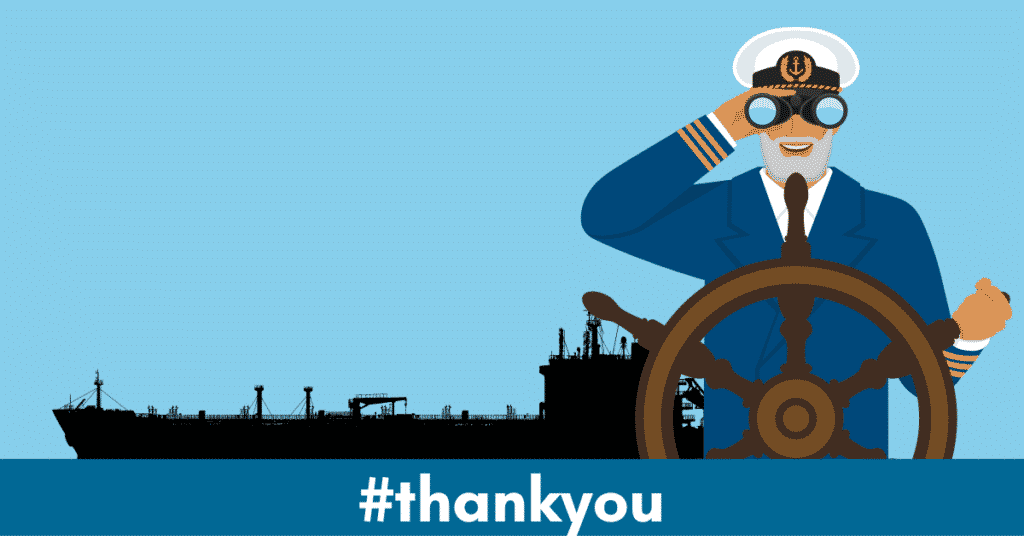
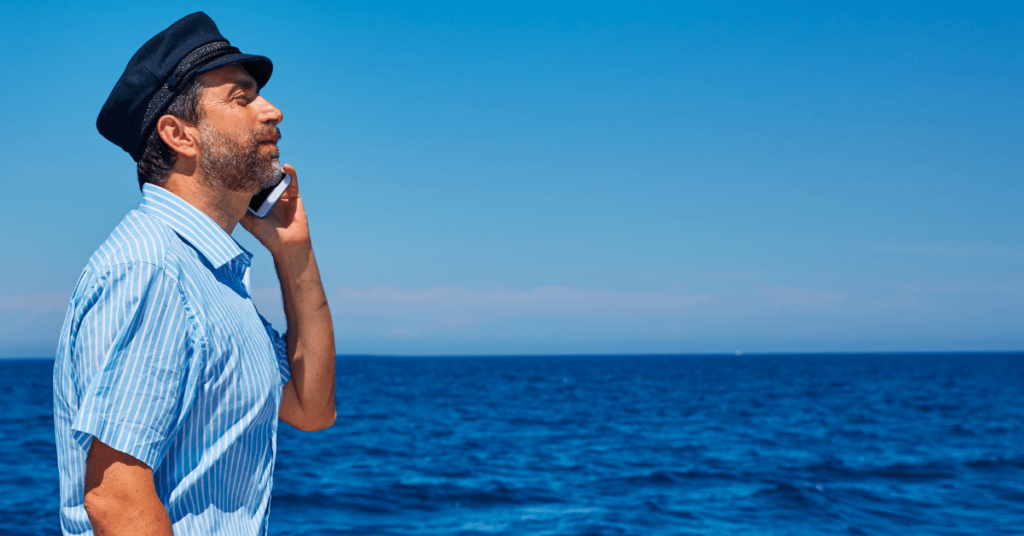
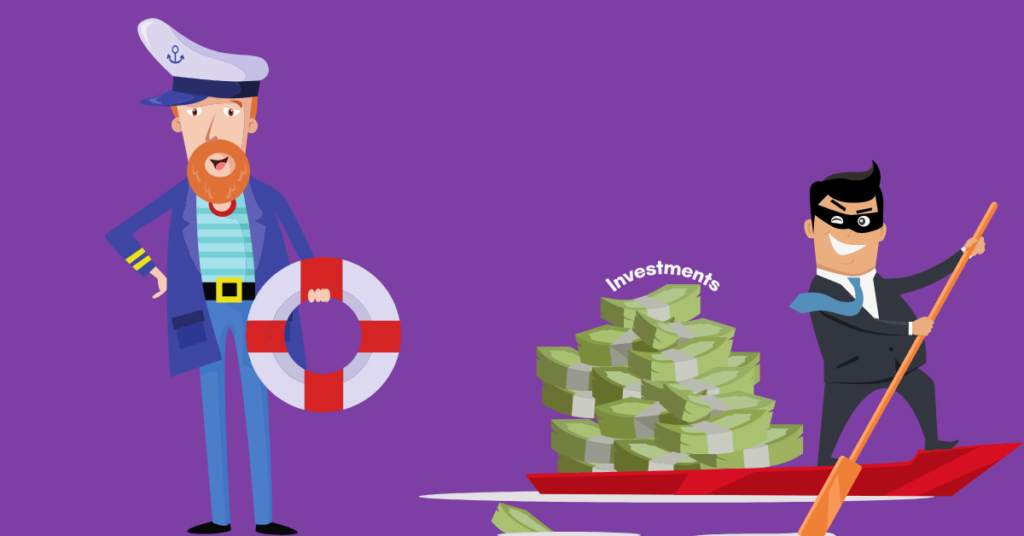

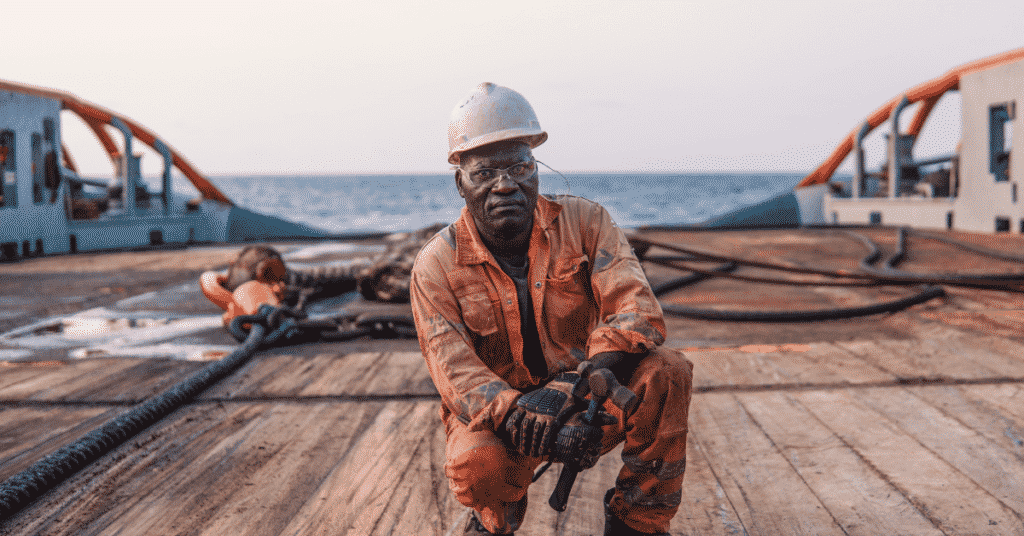
Sir,
The article related to finance saving and investment is good and as seafarer are hooked by people who give something els
Thx for ur info
Sir I would be great full if you let me know which company gives Term insurance to seafarer, because to be specific I had a call with hdfc life and they said that they can’t give term insurance to seafarer is it true please guide
Sanjay and other gentlemen, I am extremely sorry that I could not see yr comments since I normally do not go back to my articles to read.
I will request the editors to look into the matter so that I can be notified if someone has a query.
Meanwhile I will interact with the insurance companies and find out why they are offering the term plans to Seafarers.
I am aware that they are finding difficult to offer it to normal NRIs (those who are residing in other countries).
But that is due t the FEMA regulations.
I will get back to you.
Thanks a lot Mr. Rajeeve. We will make sure all questions are asked at one place only.
This piece of info will come in quite handy to the young officers trying to make on their own. Thanks Chief!
good and useful article.
Really useful information sir. Until now i was confused regarding these insurance policies but now i can understand little bit.
Anyway thank you so much and waiting for your next article savings and investment…
really needy information for us….thanks a lot for guidance.
Good article ,this will guide you how to choose insurance .
Thanks a lot for the necessary point to keep in mind regarding insurance and all. Now i am going to find these facilities in India for we mariners.
Ver well explained…
Start investing in NPS (national pension scheme). It will be helpful in old days. But the insurance scheme mentioned by our chief engineer are more important
Mr.Vinod Yadav is absolutely right.
After the last budget NPS has become very attractive.
However please do not put majority of your funds in it as the funds are locked till the age of 60.
Best is not to exceed Rs.2.0 lacs for the tax limit. SO that just in case you have a tax query in future , you will be able to knock off that much amount from the tax demand.
Even Rs.2.0 lacs every year, compounded for so many years will yield a fabulous amount.
There was an article on NPS had written in this website called “NPS – A NEW START ON THE FIRMAMENT”, have to find it somewhere.
Hello sir,
many thanks for the guidance provided in this article. i have read your book Financial planing for Seafarers. Sir i have been trying to buy a term insurance but companies are saying that it is valid only in India and you wont be covered when you join ship or fly out of India.
i request you to write an article on term insurance and what all companies provide as per seafarer’s requirements
Can u please tell us about which insurance co. gives term insurance for seafarers , when i enquired with LIC , they told for Seafarer its not available , but as an NRI its available u need to give in the country where u are working ., so in our case its not possible.,
so kinldy advice and add ur comments as any of u had a term insurance and which company ,
Good Day Sir,
I approached two insurance companies, LIC(through agent) and ICICI(through online portal). LIC for a cover of 1.6 crores is quoting 34000 annually and ICICI is quoting 22000 for 2 crores. both are for max term. I am not able to understand why LIC is so high. The agent tells me that with LIC, being a government body, will not go back on us. However is this worth the extra 60% i have to pay?
Kindly guide me on this.
Warm Regards,
Prabath Kuzhikkat
Good day sir,
can you suggest some insurance companies for term insurance specific to seafarers.
Sir.
For term insurance , insurance company demand for salary slip for last three month can i get it from my company or can i give any other document .
@Govind: You can ask your company to provide the slips.
Dear sir, I tried to buy HDFC term plan for 2CR as an NRI, initially they quoted 2500 pm, but after seeing my profession on ship, they increased the monthly premium to 6200 which is 75k annually. I cancelled it. Still looking out for a term plan which is affordable.